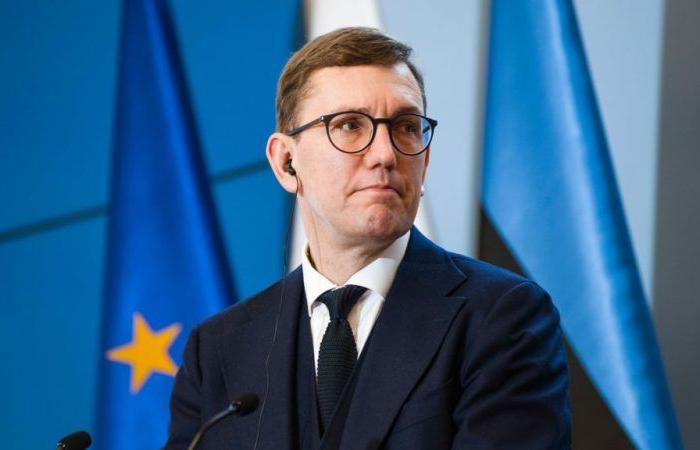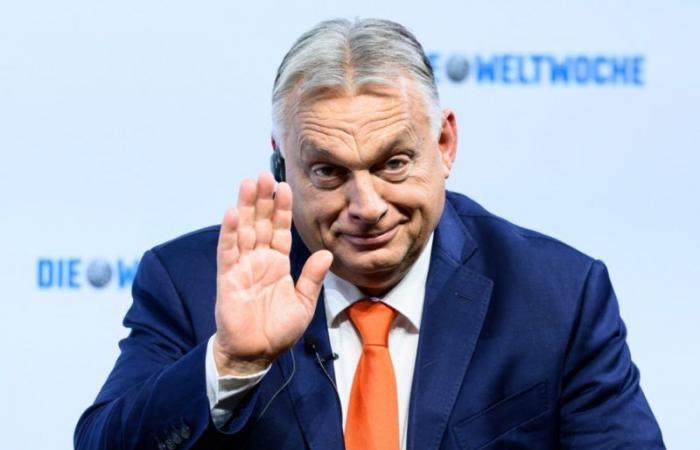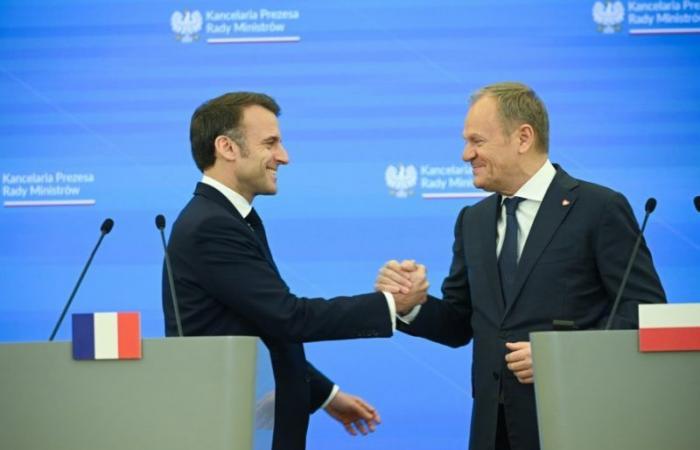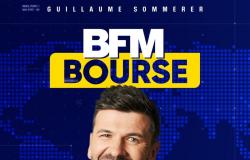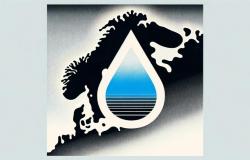In an interview with Euractiv, Estonian Prime Minister Kristen Michal believes that Ukraine’s Western partners must work to place the country in a position of strength before any negotiations for a ceasefire, and that Europe cannot not be excluded.
“Everything that is decided should always involve Ukraine and should always include Ukraine […]and it should be the same for Europe”estimated the Prime Minister of Estonia, Kristen Michal, to Euractiv, before the European Union (EU) summit on Thursday December 19 in Brussels.
Anxious not to find themselves left out of possible future talks on a ceasefire, the Europeans have redoubled their efforts in recent weeks, by multiplying meetings in different forms.
Thus, Kristen Michal received a group of Nordic and Baltic countries under the auspices of the United Kingdom in Tallinn this week and made it known that he was “completely convinced that this type of information exchange is necessary.”
“But when it comes to making decisions, they must be made behind a table where all the leaders are present”he adds.
If Europeans fear the imminent return of Donald Trump to the White House and his position on the Ukrainian issue, the Estonian Prime Minister confides that he would be “almost impossible to exclude Europe when we talk about Europe”.
«The position that [le président élu américain] Donald Trump described, and which is also repeated in Europe, is peace through strength — this is also the position we are discussing [les Européens] in these different meeting formats, within different groups, behind different tables”explains Kristen Michal.
“If you consider that this puts Ukraine in a strong position where Russia is forced to negotiate, then it is likely that Europe’s views and Donald Trump’s views align. »
Position of strength
If the prospect of future ceasefire talks with Moscow materializes, Kristen Michal suggests that “The strongest argument in a debate with Russia is usually to start from a position of strength.”
“At the same time, […] we must not forget that Ukraine, even as we speak, needs more money and more ammunition to reach this position”he insists.
“If we interrupt our efforts to strengthen Ukraine’s position, in the hope of negotiations, this will probably only be useful to Russia, which will use it to strengthen its position. »
In addition to increasing European military aid to Ukraine, Estonian Prime Minister says investments in Ukraine’s defense industry would be key to ensuring Ukraine’s future security, economic resilience and energy and its weapons supply.
“We should step up and do everything we can over the winter, spring and summer to put Ukraine in this position [de force]and we must not lose sight of the war that is going on at the same time”he adds.
“No one has yet found an answer to the question of how to change Vladimir Putin’s goals”continues Kristen Michal, namely the destruction of Ukraine’s territorial sovereignty and the formulation of demands on the EU and NATO.
“The only way to achieve this is to support Ukraine with money, […] with armaments when possible, and to help it in matters of energy security”underlines the Estonian Prime Minister.
Furthermore, according to Kristen Michal, Europe should not overestimate Russia’s position.
“Russia is, economically, like a medium-sized European state, but everyone talks about it as if it is the queen of the world — it is not the case”he nuances.
“Syria is a great example that Russia is not invincible […] and that it is not able to wage several wars at the same time”, insists Kristen Michal again.
Convince public opinion
Beyond European governments’ support for Ukraine, one of the key questions next year will be how to keep public opinion across the European Union in favor of supporting Ukraine and spending on it. defense.
As European countries work to strengthen their own defenses, Estonia has had an easier time convincing its population that these are the necessary measures to deal with the threat, admits Kristen Michal.
“We were the first to be attacked by Russia in the cyber domain”he explains.
According to him, the key message is to “explain that Russia’s operations are not limited to kinetic warfare in Ukraine.”
“We know that the outcome in Ukraine defines what Russia will do in Europe, say, in the next 10 to 15 years”he emphasizes.
“The potential impact of Russia and its club of friends [ndlr : la Corée du Nord, l’Iran et d’autres] about the future of Europe probably needs to be explained — not in Estonia, not in Poland, but beyond”concluded Kristen Michal.
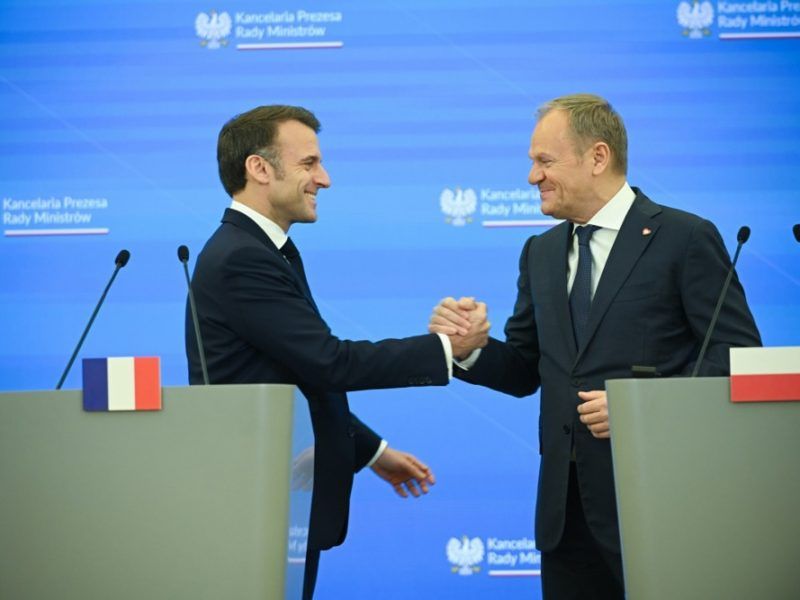
[Édité par Anna Martino]

